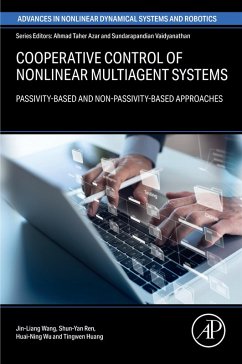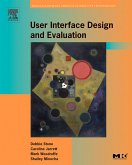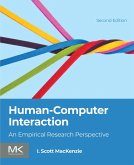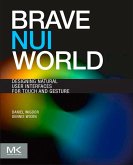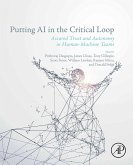Cooperative Control for Nonlinear Multiagent Systems: Passivity-Based and Non-Passivity-Based Approaches focuses on the cooperative control of nonlinear multiagent systems containing passivity-based or non-passivity-based consensus, lag consensus, and formation control of multiagent systems. The book provides professional and convenient guidance for those who want to know basic knowledge, advancements, and processes for designing and analyzing cooperative control for nonlinear multiagent systems.Currently, there are a lack of reference titles that systematically introduce students, researchers, and technologists to the backgrounds, developments, and designs protocols for cooperative control (contains passivity-based or not passivity-based consensus, lag consensus, formation control) of nonlinear multiagent systems. - Constructs the frameworks of passivity analysis, consensus control, lag consensus control, and formation control for multiagent systems - Helps readers learn novel control methods - Includes systematic introductions and detailed implementations on how control protocols solve problems in nonlinear multiagent systems
Dieser Download kann aus rechtlichen Gründen nur mit Rechnungsadresse in A, B, BG, CY, CZ, D, DK, EW, E, FIN, F, GR, HR, H, IRL, I, LT, L, LR, M, NL, PL, P, R, S, SLO, SK ausgeliefert werden.

